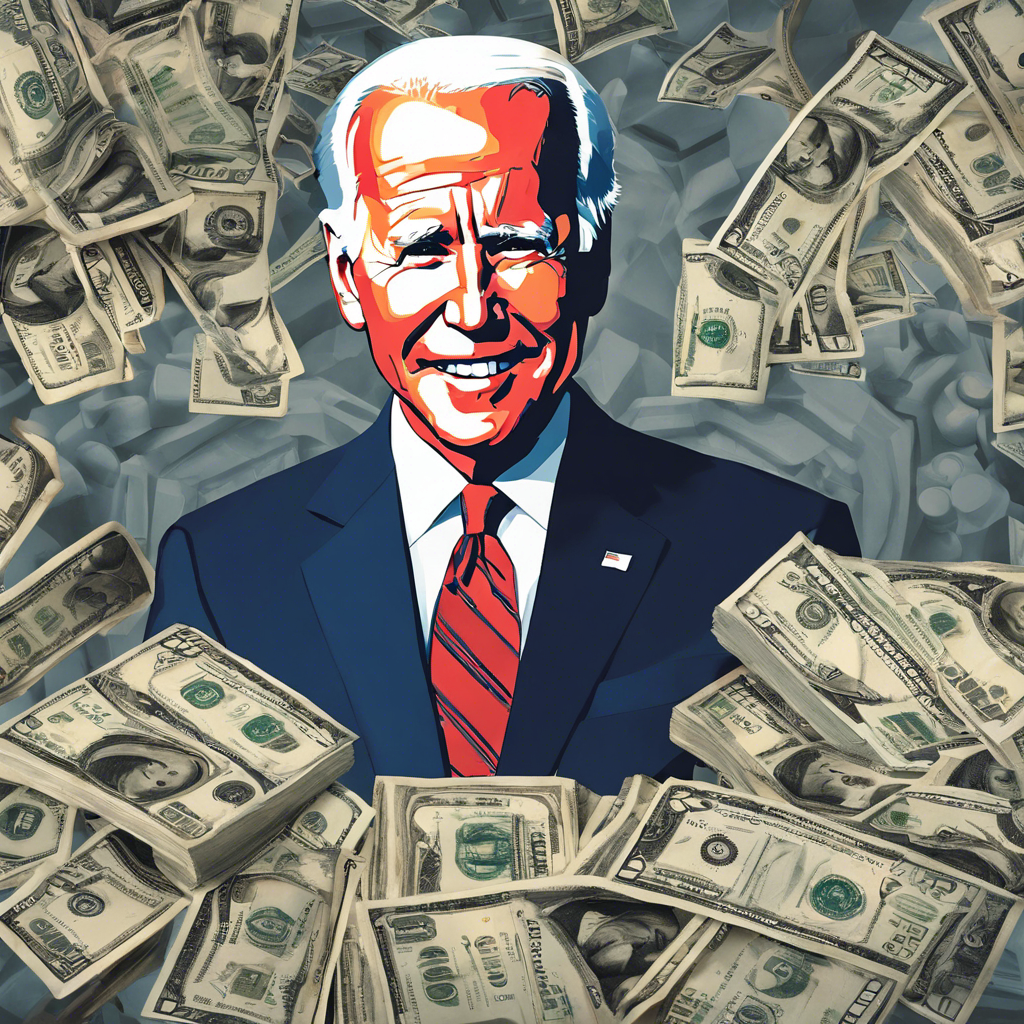GOAT: Exploring the Greatest Economist of All Time

Tyler Cowen’s groundbreaking book delves into the history of economic thought and highlights the greatest minds in the field
In his latest book, “GOAT: Who is the Greatest Economist of all Time, and Why Does it Matter?” economist and author Tyler Cowen takes readers on a captivating journey through the history of economic thought. Unlike his previous works, this book stands out for its wide-ranging exploration and unique format, which includes an online option to interact with the text. Cowen’s motivation to write this book emerged during the early days of the pandemic, as he sought a project that could be accomplished without the constraints of travel or access to libraries. The result is a comprehensive and engaging study that aims to teach readers how to appreciate the contributions of economists throughout history.
1: The Genesis of the Book
During the pandemic, Cowen found solace in his personal library and online resources, which allowed him to embark on a project that would not be constrained by external limitations. Inspired by books such as Heilbroner’s “The Worldly Economists” and Bill Simmons’ “Book of Basketball,” Cowen set out to write a book on the History of Economic Thought. He wanted to create a work that would remain relevant and appreciated even in the face of changing times.
2: The Relevance of the History of Economic Thought
While some may argue that the history of economic thought is an irrelevant topic, Cowen believes otherwise. He points to recent successful books, such as Zachary Carter’s “The Price of Peace” on Keynes and Jennifer Burns’ “Goddess of the Market” on Milton Friedman, as evidence that people do care about the subject. By exploring the ideas and theories of economists from the past, Cowen aims to provide readers with a deeper understanding of the discipline and its evolution over time.
3: The Criteria for the Greatest Economist
In determining the greatest economist of all time, Cowen establishes a set of criteria that include breadth and depth of knowledge, historical impact, and a balance between theory and empirical work. While acknowledging the subjectivity of these criteria, Cowen believes they are essential in identifying the true GOAT (Greatest of All Time) in economics. This approach allows him to narrow down the list of contenders and focus on individuals who meet these rigorous standards.
4: Marx’s Absence and the Importance of Being Right
One notable absence from Cowen’s list of finalists is Karl Marx. While acknowledging Marx’s influence and significance, Cowen argues that his numerous inaccuracies and flawed predictions disqualify him from being considered the greatest economist of all time. Cowen also reveals his intention to write a separate monograph specifically on Marx, as he believes the controversial figure warrants an in-depth analysis of his own.
5: The Semi-Finalists: Samuelson and Becker
Among the semi-finalists, Paul Samuelson and Gary Becker receive special attention. While Samuelson’s contributions to economics are highly regarded, Cowen highlights his flawed understanding of actual economies, particularly in his textbook’s treatment of the Soviet Union. Cowen also notes Samuelson’s contentious relationship with other economists, which he considers in his assessment. Similarly, Cowen acknowledges Becker’s brilliance in micro-theory but predicts a decline in his influence over time due to shifting intellectual trends.
Conclusion:
In “GOAT: Who is the Greatest Economist of all Time, and Why Does it Matter?” Tyler Cowen presents a thought-provoking exploration of the history of economic thought. By analyzing the contributions of various economists throughout history, Cowen offers readers a deeper appreciation for the discipline and its evolution. While the concept of a “greatest economist” may be subjective, Cowen’s rigorous criteria and engaging writing style make this book a must-read for anyone interested in the fascinating world of economics.










